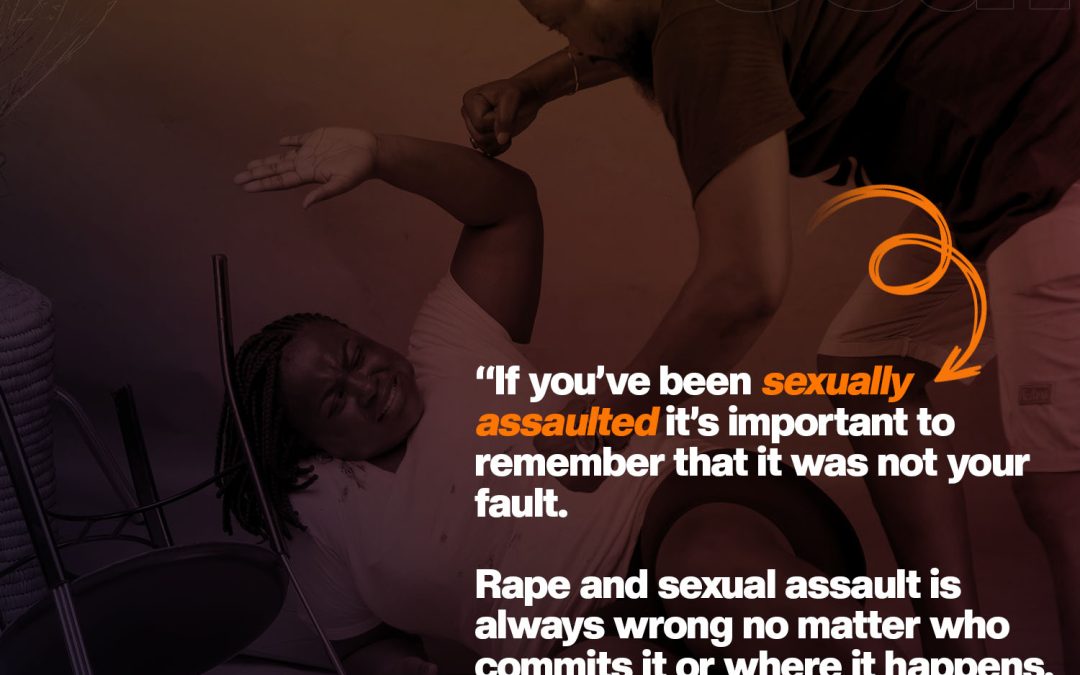Rape is a deeply traumatic experience that can profoundly affect a person in many ways. For someone who has endured such an ordeal, the impact goes far beyond the physical harm. It can shatter their sense of safety and trust in the world around them. Emotionally, they may feel a whirlwind of intense feelings like fear, anger, guilt, and shame. These feelings can lead to long-lasting mental health challenges such as depression, anxiety, and post-traumatic stress disorder (PTSD).
The trauma can also affect their relationships. They might struggle with intimacy and trust, not just with romantic partners but with friends and family as well. Everyday activities can become daunting, and they might avoid certain places or situations that remind them of the assault. This can lead to a sense of isolation and loneliness.
Moreover, the social stigma surrounding rape can make it even harder for survivors to seek the support they need. They may fear not being believed or being blamed for what happened to them. This can silence them and prevent them from reaching out for help, prolonging their suffering.
Understanding the depth of this impact is crucial for offering compassionate support. Survivors need a supportive environment where they feel safe and believed, where their experiences are validated, and where they can access the resources they need to heal.

